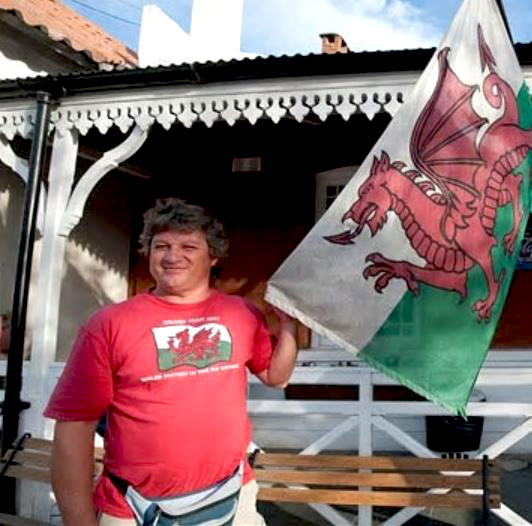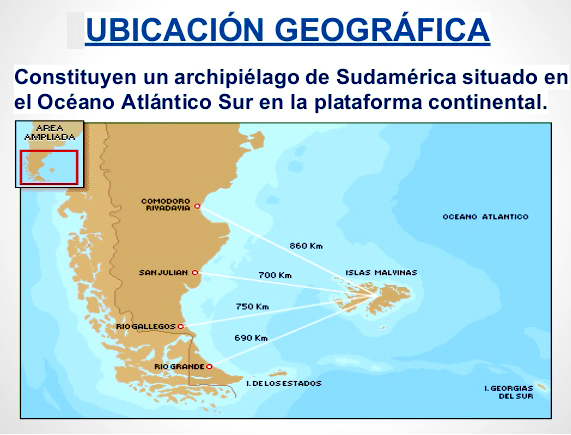PLEASE APPRECIATE THAT I GET SENT MORE INFORMATION AND LEADS THAN I CAN USE. I TRY TO RESPOND TO EVERYONE WHO CONTACTS ME BUT I CANNOT POSSIBLY USE EVERY BIT OF INFORMATION I’M SENT. DIOLCH YN FAWR
♦
![]() As if to prove that it’s a small world I sometimes post contributions from Jeremy Wood, a Kiwi who has immersed himself in the Welsh communities of Patagonia.
As if to prove that it’s a small world I sometimes post contributions from Jeremy Wood, a Kiwi who has immersed himself in the Welsh communities of Patagonia.
Because it is a small world, Covid-19 has obviously reached Y Wladfa, and one victim is Ysgol y Cwm, which you might remember reading about in an earlier contribution from Jeremy, Update from Patagonia.
I’ve used everything I received, including the message to me because it makes good reading. Jeremy writes: “You think things are bad in Wales with Labour? Come and taste all the worst cronyism, nepotism and corruption Argie style. Mr Julio de Vido, the Minister recently jailed under the previous government for Corruption with a Capital C, has just been freed and put under “house arrest” by the latest bunch (the current vice president was previously his boss).”

To which I would respond: “Jeremy, your local politicians might be marginally more corrupt than the shower down Corruption Bay, but they could never be more incompetent. I say that because sophisticated corruption demands a level of intelligence almost entirely absent from our political class.”
Now read on . . .
♦
COVERING LETTER
“Hello Royston!
Well, I hope you’re holding up over there! We are in total lock-down and, because of the combination of the federal system of government and complete incompetence, nobody knows what’s happening. The Minister of Health for Argentina is well qualified for the job – for the last 8 years, he’s been Argentina’s ambassador to Chile.
Here in Esquel, we have 4 respirators (unknown if they actually work), so the classic bribery system will make the decisions as to who has the priority to use them.
You think things are bad in Wales with Labour? Come and taste all the worst cronyism, nepotism and corruption Argie style. Mr Julio de Vido, the Minister recently jailed under the previous government for Corruption with a Capital C, has just been freed and put under “house arrest” by the latest bunch (the current vice president was previously his boss).
Anyway, now they have closed our school, Ysgol y Cwm, and are refusing to pay our teachers, so we are looking into the abyss.
I wrote this this morning. Any help would be much appreciated!”
All the best
Jeremy
♦
CORONAVIRUS (COVID-19) CLOSES WELSH SCHOOLS IN PATAGONIA – YSGOL Y CWM LAUNCHES A SPECIAL APPEAL
On Monday 16 March, all schools in Welsh Patagonia were compulsorily closed by the Argentine government.
For many months, the Chubut (the Argentina Province where all the Welsh towns lie) Government has refused to pay the Welsh and other teachers in the new Welsh school in Trevelin, Ysgol y Cwm, claiming that they had no money. They pay only for a single administrator. The other Welsh schools in Patagonia, in Trelew and Gaiman, considerably closer to the seat of Government in the state capital, Rawson, and established for a longer period, today receive additional funding from the Government.
This Provincial Government has been racked for many years by intense corruption, leaving it as the most indebted (by head of population) in Argentina. In this province of “political favours”, the number of people employed by the province has risen from 22,000 to over 65,000 in recent years. And, despite natural riches, tourism, agriculture and fishing, the province has racked up a debt of almost one billion dollars, which includes 250 million paid for public works which were never carried out. The government was so broke that it couldn’t pay its public employees on time and, as a consequence, the militant teachers’ union went on strike, leaving most state schools closed in 2019 for months on end.

It was hardly surprising, given the chaos in the province, that parents were looking for a safe haven for their children.
They found it in Ysgol y Cwm in Trevelin, which has never lost a day through industrial action. Indeed, the school was so much in demand that it maintained a waiting list and dramatically increased the intake of children with no Welsh background, thereby securing a rosy future for the Welsh language in this beautiful part of Patagonia.
Sadly, now, with the advent of the Corona Virus (although there are no confirmed cases of the virus in Chubut), the rose is in danger of dying – the school had never been in a position to make any money. In fact, it was losing close on £1,000 per month, but much of the shortfall was made up by standing orders from “Guardians” who gave between £10 and £50 per month, as well as fund raising schemes in Patagonia and in Wales. But this latest hammer blow means that the school may no longer be in receipt of fees from the parents, but it must still maintain payments to its teaching staff. They are now very busy creating Welsh distance teaching solutions for the children at home in Trevelin.
The school desperately needs financial help to weather this storm. These can be made directly into the school’s bank account in London or, preferably, in the form of standing orders in favour of the school. All the details are on the school’s website. Every donation will help. A standing order of just £5 per month will not only help financially today, but it will help the school to plan for the future when it can anticipate its future income stream from Guardians.
♦
Please help in any way you can. Hopefully, with a contribution; but if not, then please pass this message on to as many people as possible.
♦ end ♦
UPDATE 20.03.2020: Just received a message from Jeremy Wood, which reads:
“Many thanks for the coverage! A few over here are pouting that I have cleaned dirty washing in public. I will continue to do so!!
I just spoke to my son-in-law. He works for a large wine/spirits distributor in Britain. He said that their sales are breaking all records. They are selling £500,000 more than their budget EVERY DAY. The majority of sales are for wine.
I am working on a Malbec-based cure!
All the best and stay healthy!”
A ‘Malbec-based cure’ would be lovely, but while we’re waiting, I’ll just carry on with the Malbec.





